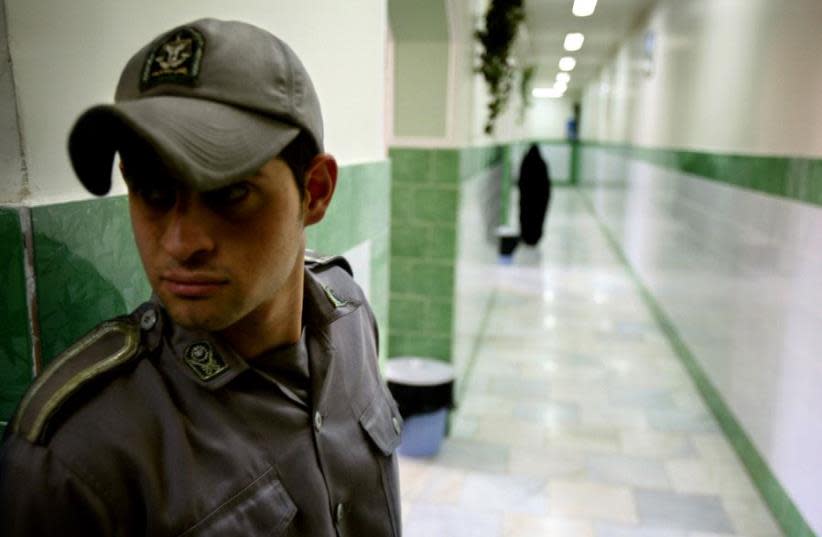The UN Special Rapporteur for the Islamic Republic of Iran, Javaid Rehman, wrote that he is “concerned at reports that lesbian, gay, bisexual and transgender children were subjected to electric shocks and the administration of hormones and strong psychoactive medications. These practices amount to torture and cruel, inhuman and degrading treatment, and violate the State’s obligations under the International Covenant on Civil and Political Rights and the Convention on the Rights of the Child."
Peter Tatchell, a British LGBTQ+ and human rights campaigner, told The Jerusalem Post that "It is a shocking revelation that the Iranian regime subjects LGBT+ children to electric shocks, hormone treatments and psychoactive medications in a bid to 'cure' their sexual orientation & gender identity. These abuses echo anti-LGBT+ medical treatments by the Nazis and other fascist regimes."He added that “Javaid Rehman rightly condemns these abuses as a form of torture and in violation of international human rights law. Iran should be expelled from international medical associations and conferences.”
Tatchell said the “The UN Special Rapporteur has issued a damning report that confirms systemic persecution of women, LGBTs, human rights defenders, regime critics, trade unionists and ethnic and religious minorities.”
According to the report, “The Special Rapporteur regrets that individuals who identify as lesbian, gay, bisexual and transgender experience human rights violations and widespread discrimination. Senior officials describe the community in hateful terms, including by labelling individuals as ‘subhuman’ and ‘diseased.”’
He added that “The death penalty can be imposed for consensual sexual activity between members of the same sex in the Islamic Republic of Iran.”
The Post has previously reported that a 2008 British WikiLeaks cable said that Iran’s regime has executed between 4,000-6,000 gays and lesbians since the nation’s 1979 Islamic revolution.
The Special Rapporteur cited the cause célèbre case of the champion wrestler Navid Afkari who, according to human rights groups and the US government, was murdered by the Iranian regime for his peaceful protest against worsening inflation and political corruption in the Islamic Republic.
“The Special Rapporteur is alarmed by reports of secret executions in connection with protests, with death sentences issued in these cases following unfair trials and after the systematic use of torture to extract forced confessions. On 12 September 2020, Navid Afkari was secretly executed without prior notice in contravention of Iranian law.” Rehman added that” Mr. Afkari had participated in the August 2018 protests in Shiraz, and was subsequently arrested, convicted and given two death sentences for an alleged murder and for moharabeh. He denied the accusations and stated he had been tortured to confess. The confession was later used against him in court, 3 with the judge failing to investigate his torture claim.”
Afakri’s two brothers Vahid and Habib were sentenced to 54 and 27 years, respectively, for their role in the 2018 protest against Iranian regime corruption.
The ubiquitous repression of women and girls was cited in the report. “The Special Rapporteur remains deeply concerned at the persistent discrimination against women and girls in public and private life.”
He noted that “Concern is expressed that the legal age for a girl to marry in the Islamic Republic of Iran is 13 years, with even younger girls allowed to marry with paternal and judicial consent.”
In terms of labor relations, Rehman wrote that “A lack of independent trade unions has restricted workers’ ability to negotiate during a time of economic recession. Several strikes took place in recent months across different sectors,with reports of excessive actions against strikers.”
Examples of the Iranian regime’s ongoing persecution of the Baha’ community were cited.” On 15 August 2020, Liza Tebyanian was arrested and sent to begin seven months’ imprisonment for ‘teaching the Baha’i faith.”’
